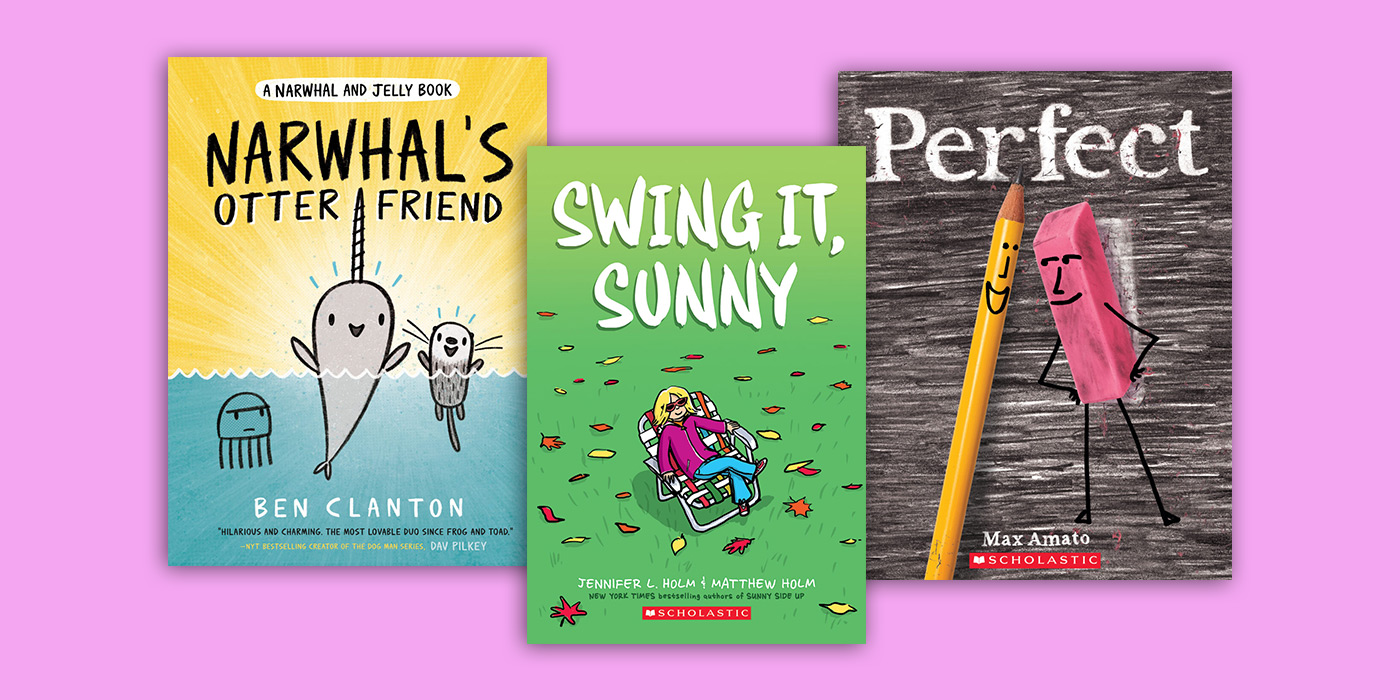These expertly curated collections feature best-selling fiction and nonfiction books about everything from the importance of self love and acceptance to building relationships in the classroom.
Shop the entire social-emotional book collections here.
Shop the entire social-emotional book collections here.
